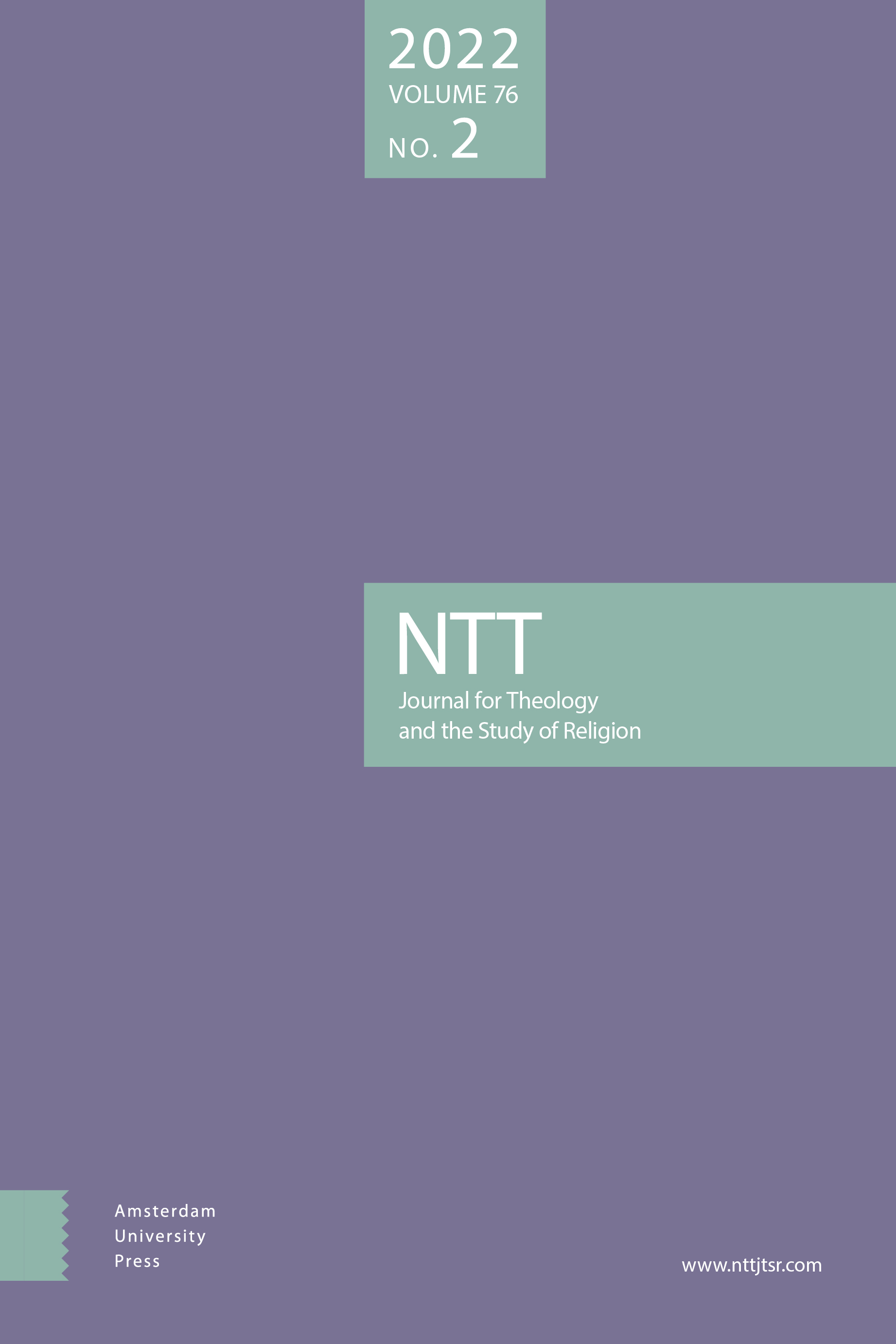-
oa Democracy, peace and conflict: Insights from Northern Ireland?
- Amsterdam University Press
- Source: NTT Journal for Theology and the Study of Religion, Volume 62, Issue 4, Nov 2008, p. 311 - 330
Abstract
Violence is a critical problem for the future of human societies. Following the work of René Girard, it is clear that it emerges in the context of human relationship and desires escalating beyond a point of control. Escalating rivalries produce all of the rivalries described in Kees Schuyt’s important article. At the same time, these phenomena are symptoms of a deeper reality. Peace cannot be bought by simply re-arranging the instruments of power, but now demands a deeper recognition of the nature of the underlying relationship. The importance of Northern Ireland is not in its scale. Paradoxically, because it is so unimportant in geo-strategic concerns the logic of conflict has been allowed to extend to a point where its internal dynamics have become visible. Northern Ireland’s local conflict is examined as a story of the exposure of violence and the impossibility of violence remaining secret. The cycle of revenge has been exposed, but huge efforts continue to go in to refusing to acknowledge the consequences. As a consequence Northern Ireland has reduced the symptoms of violence but finds it enormously difficult to face the responsibilities of moving from a relationship in which we sought to eliminate one another, to a fully inclusive relationship in which there can be trust.


